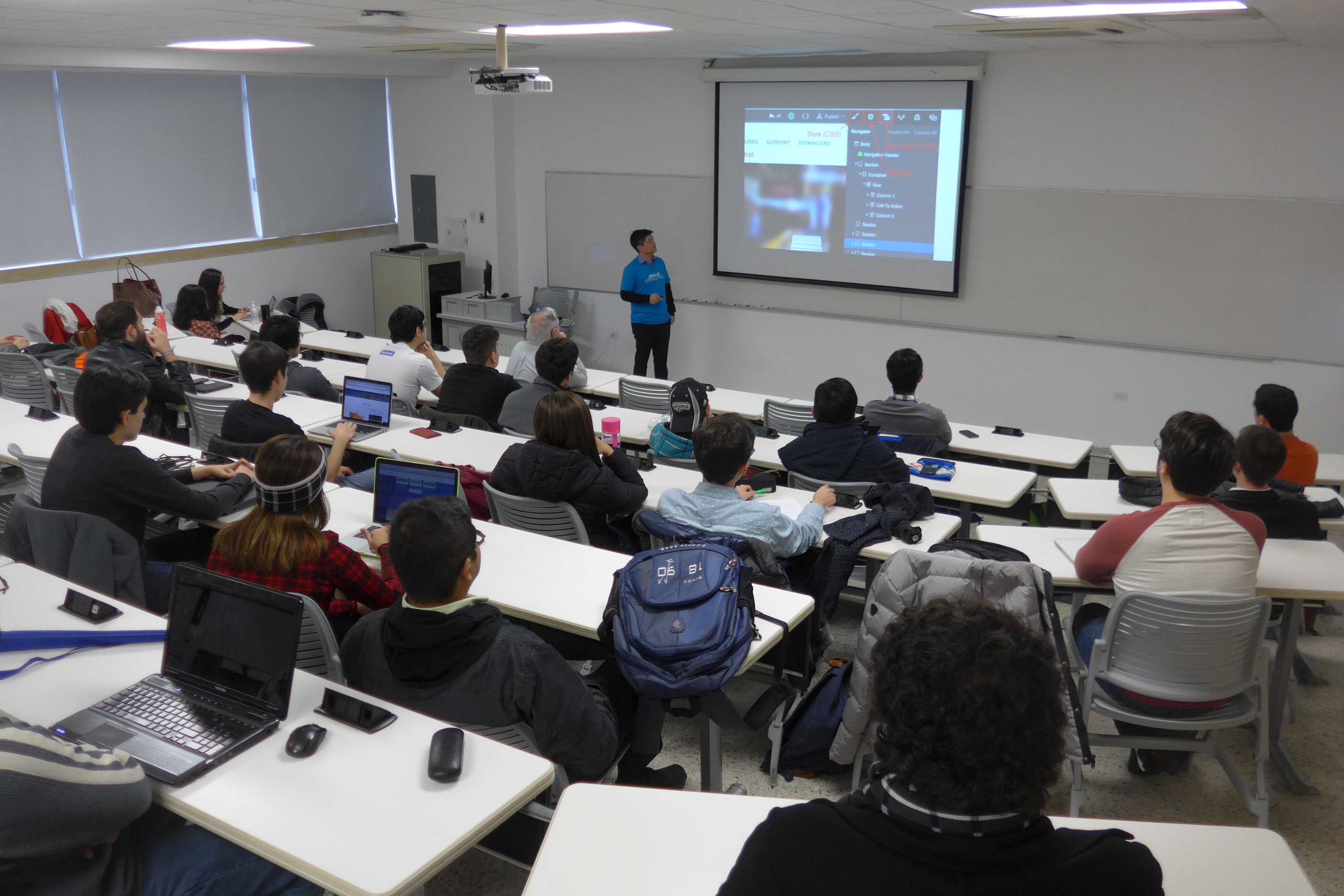As the cosmetics industry increasingly turns to virtual try-on technology to engage with customers and drive sales, it is important for businesses to consider the privacy implications of these apps. Virtual try-on apps typically use computer vision and augmented reality to capture images of customers’ faces, skin, or nails, and apply virtual makeup or nail products. This can raise concerns about privacy and data protection. In this article, we’ll explore the importance of a good privacy policy for virtual try-on apps and how businesses can ensure that their customers’ personal data is protected.
What is a Privacy Policy?
A privacy policy is a document that outlines how a business collects, uses, and protects personal data. It is a legal requirement in many jurisdictions, including the United States and the European Union. A good privacy policy should be clear, concise, and easy to understand. It should explain what personal data is collected, how it is used, who it is shared with, and what measures are in place to protect it.
Why is a Privacy Policy Important for Virtual Try-On Apps?

Virtual try-on apps typically collect and process personal data, such as images of customers’ faces or skin. This data is valuable and sensitive, and customers have a right to know how it will be used and protected. A good privacy policy can help businesses build trust with their customers by demonstrating that they take privacy seriously and are committed to protecting their personal data.
In addition to building trust with customers, a good privacy policy can also help businesses comply with data protection laws and regulations. Many jurisdictions require businesses to have a privacy policy in place and to provide customers with certain rights, such as the right to access or delete their personal data.
How Can Businesses Ensure a Good Privacy Policy for Virtual Try-On Apps?
To ensure a good privacy policy for virtual try-on apps, businesses should follow these best practices:
- Be transparent: Businesses should be transparent about what personal data is collected, how it is used, and who it is shared with. This information should be clearly explained in the privacy policy.
- Obtain consent: Businesses should obtain customers’ consent before collecting or using their personal data. This can be done through a clear and conspicuous consent mechanism, such as a checkbox or button.
- Provide access and deletion rights: Businesses should provide customers with the right to access or delete their personal data. This can be done through a clear and easy-to-use mechanism, such as a customer portal or email request.
- Implement appropriate security measures: Businesses should implement appropriate technical and organizational security measures to protect personal data from unauthorized access, disclosure, or destruction.
- Update the policy regularly: Businesses should review and update their privacy policy regularly to ensure that it remains accurate and up-to-date.
Conclusion
As virtual try-on apps become more popular in the cosmetics industry, it is important for businesses to consider the privacy implications of these apps. A good privacy policy can help businesses build trust with their customers, comply with data protection laws and regulations, and protect customers’ personal data. By being transparent, obtaining consent, providing access and deletion rights, implementing appropriate security measures, and updating the policy regularly, businesses can ensure that their virtual try-on apps are not only fun and engaging, but also safe and secure for their customers.


